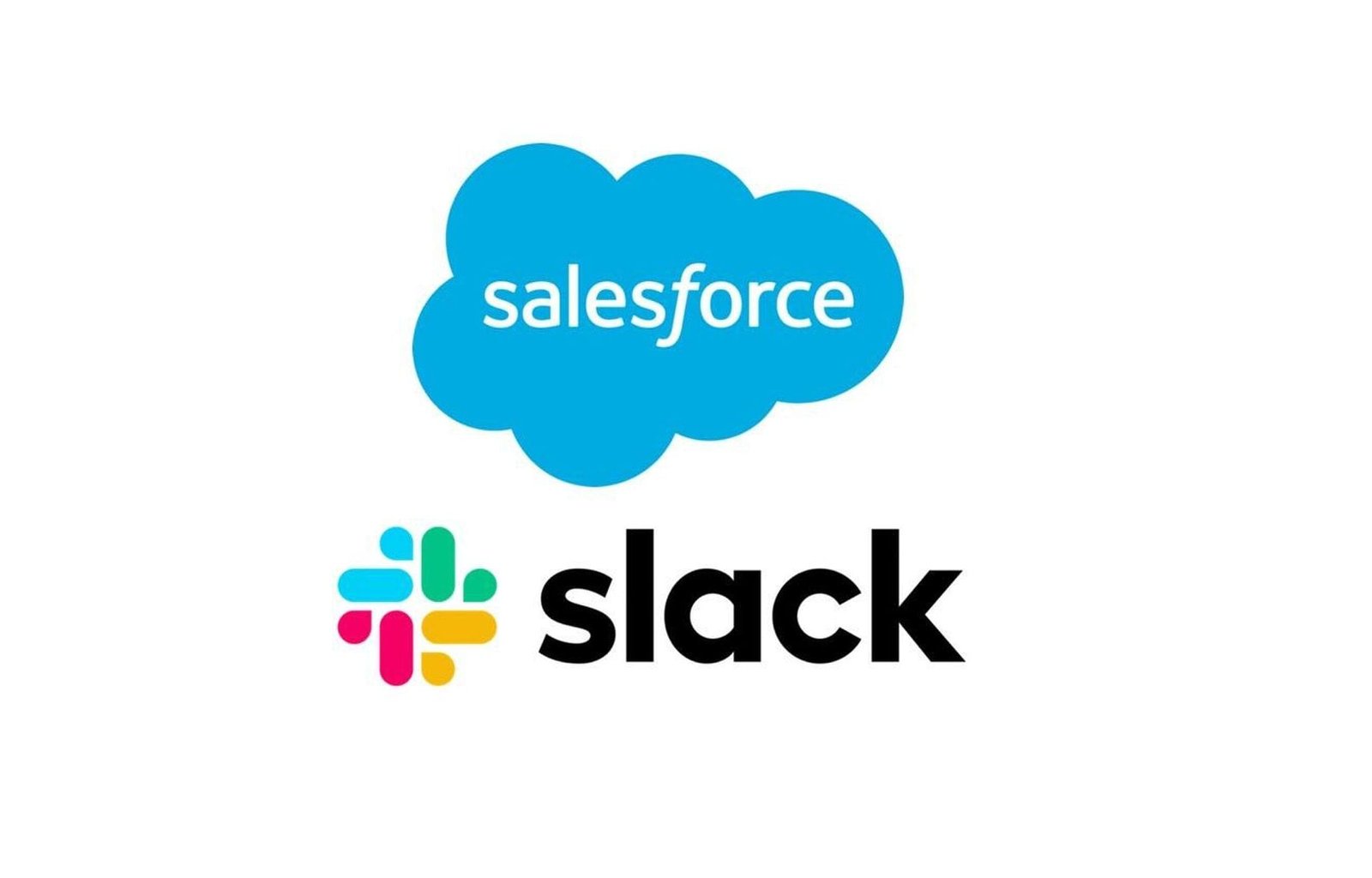

In December, Salesforce signed a definitive agreement to acquire the popular messaging software platform Slack Technologies in a cash and stock deal worth $27.7 billion, making it Salesforce's largest-ever acquisition. I could not be more excited for what's to come," Butterfield added. "Salesforce and Slack are uniquely positioned to lead this historic shift to a digital-first world. This is exactly what the API-First automation approach can do for your organization.Slack's co-founder and CEO Stewart Butterfield, who will continue to lead the company, called the deal "a once-in-a-generation opportunity to rethink and reshape how and where we work." This is needed due to the system's complexity and technical understanding of automation, which introduces more communication needs and overhead for business users. Also, the ownership of the process automation is not with business users, but with supporting functions such as RPA developers and IT personas. One of the main discoveries is that these pure RPA-based projects are majorly focusing on user interface (UI) automation, which in today's agile development tends to change quite often and more frequently.

Traditional pure RPA-based automation projects are brittle, fragile, and impossible to scale, which is the reason why every second RPA project is failing.

Interested to learn more: #mulesoft #automation #rpa #api #mulesoftcommunity This is exactly what the API-First automation approach can do for your organization. Giving the ownership of automation to business users by decoupling the technical complexity of systems, data, and devices and providing supporting personas such as IT and automation teams, will reduce the overhead in communication and drive successful automation projects. This is needed due to the system's complexity and technical understanding of automation, which introduces more communication needs and overhead for business users.īusiness users understand their day-to-day work best and know exactly what repetitive and tedious work needs to be automated.

"Traditional pure RPA-based automation projects are brittle, fragile, and impossible to scale, which is the reason why every second RPA project is failing. 100% agree with Amir Khan - achieving true success with RPA does need an established approach in a similar way to Anypoint !


 0 kommentar(er)
0 kommentar(er)
